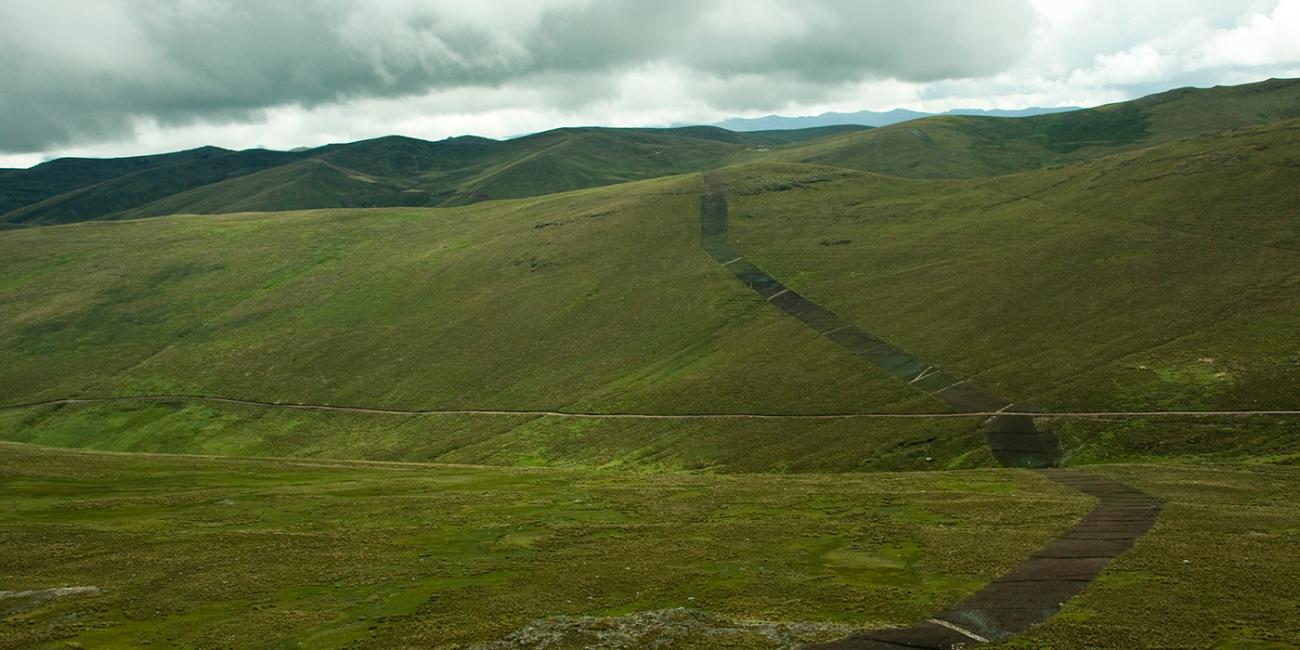Biography
Dr. Tremaine Gregory is a Senior Sustainable Infrastructure Scientist with the Sustainable Infrastructure Initiative at the World Wildlife Fund. She brings over a decade of experience in biodiversity monitoring and impact assessment in the Amazon and Atlantic Forest.
Dr. Gregory was a research scientist with NZCBI for 10 years and a post-doctoral fellow before that for two years. Dr. Gregory is currently contributing to the Reconecta project evaluating road impacts and mitigation along Highway BR-174 in the Brazilian Amazon. Dr. Gregory serves as co-advisor for Smithsonian Fellow Fernanda Abra on the Reconecta Project. Dr. Gregory initiated a natural canopy bridge study for Reconecta and won a Smithsonian Women’s Committee Grant for continued natural bridge monitoring. In addition, she co-directed a documentary film on the project that will be launched in March 2024.
